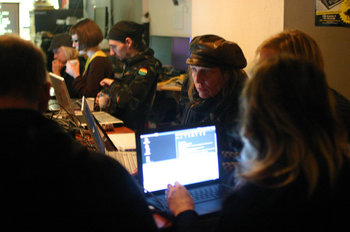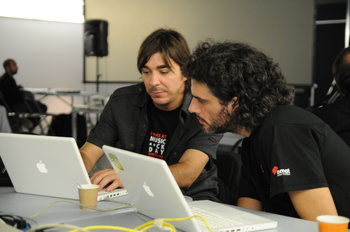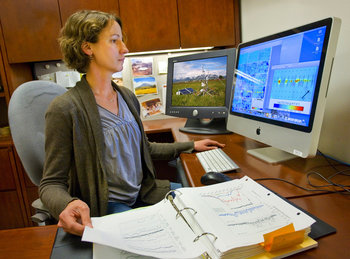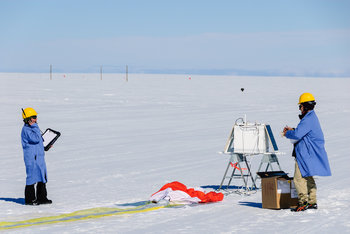
Operating Systems
Operating systems provide a basic platform for other software. They also all have extensive user interfaces but are considered systems nonetheless.Databases
Systems for accepting, storing, maintaining and querying data.APIs
APIs are services that are used by other software. For example, an API that can be used to manage data on a cloud storage service.Platforms
Extensive environments for developing and operating other software. For example, a machine learning platform for developing artificial intelligence software.Automation
Systems that automate work. For example, a telecom system that automatically detects and fixes quality of service problems on a network.Workflow
Workflow is automation that includes human steps. For example, a system that automatically fulfills customer orders with steps that require customer service representatives to contact the customer.Embedded Systems
Systems that operate devices, machines, infrastructure and everyday products. For example, an embedded system in a speaker that provides audio processing functionality to the product.Drivers
Software that operates a device or machine. This differs slightly from embedded systems because it can reside external to the device. For example, wireless earphones that have both an embedded system in the product and drivers that run on a compatible operating system.Internet of Things
A class of embedded systems that connects to services via a network such as the internet. For example, a solar panel system that uses a cloud service to perform a maintenance routine.Security
Information security such as an intrusion detection system that monitors for software and users that are doing malicious things.Robotics
Robotics are autonomous or semi-autonomous machines. They are generally implemented with embedded systems or internet of things.Artificial Intelligence
A class of systems that automatically develops, tests and improves its own functionality. For example, a recycling sorting robot that is constantly inventing, testing and refining models for identifying different materials in a flow of waste.Other
Any complex software that wasn't developed as a tool for people to use directly is a system. For example, a monitoring system used by a city to detect problems with the gates of a canal.Notes
The term system implies complexity. As such, simple software such as a script isn't viewed as a system.It is common to misdefine system software as being "software that provides services to other software." This incorrectly assumes that all systems software is an operating system, platform or API. In fact, a large number of systems such as embedded systems are standalone. It is also common for systems to have functionality of their own as opposed to "providing services to other software." For example, a reconciliation system at a bank that confirms that transactions executed by other systems are accurate.| Overview: Systems Software | ||
Type | ||
Definition | Complex software that automates work. | |
Also Known As | Systems SoftwareSystems | |
Often Confused With | PlatformOperating SystemAPI | |
Related Concepts | ||































